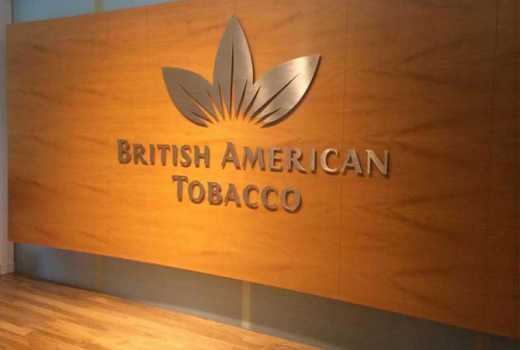×
The Standard e-Paper
Join Thousands Daily

Shareholders of listed tobacco firm British American Tobacco (BAT) will take a hit following a tough 2017 that resulted in a substantial reduction in dividends.
The company, which has been a darling of investors for high dividend payout, has cut by 40 per cent the amount that it will give out.







